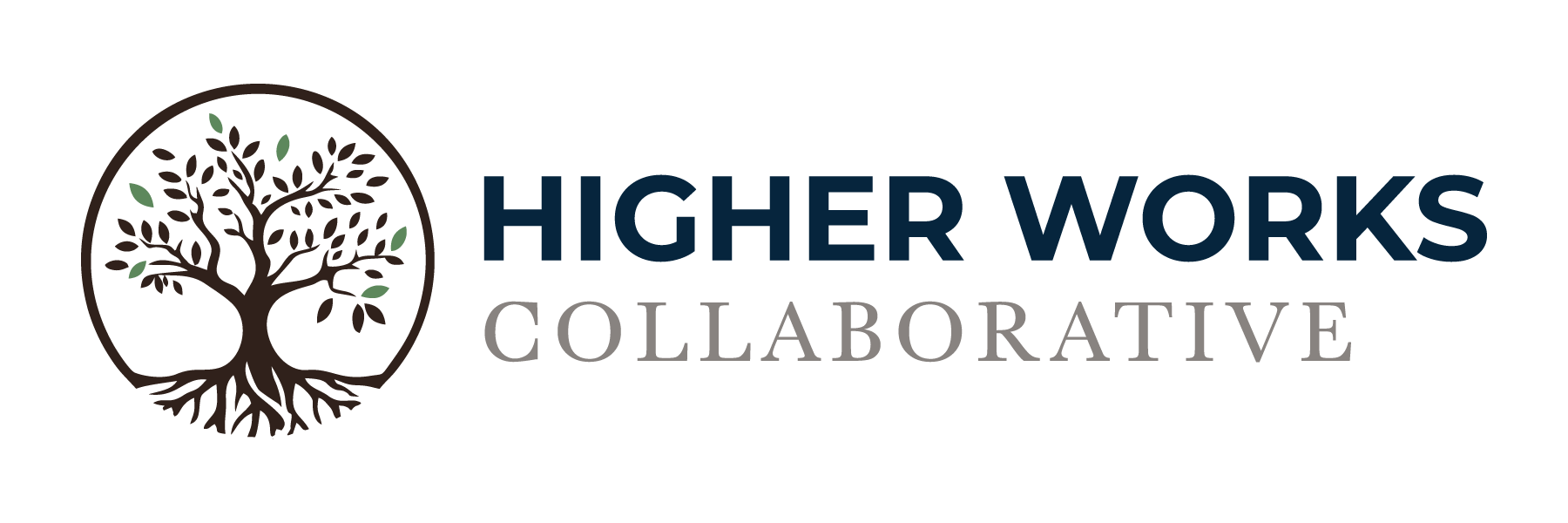Navigating Uncertainty: Practical Guidance for Families Affected by Minnesota's Housing Service Changes
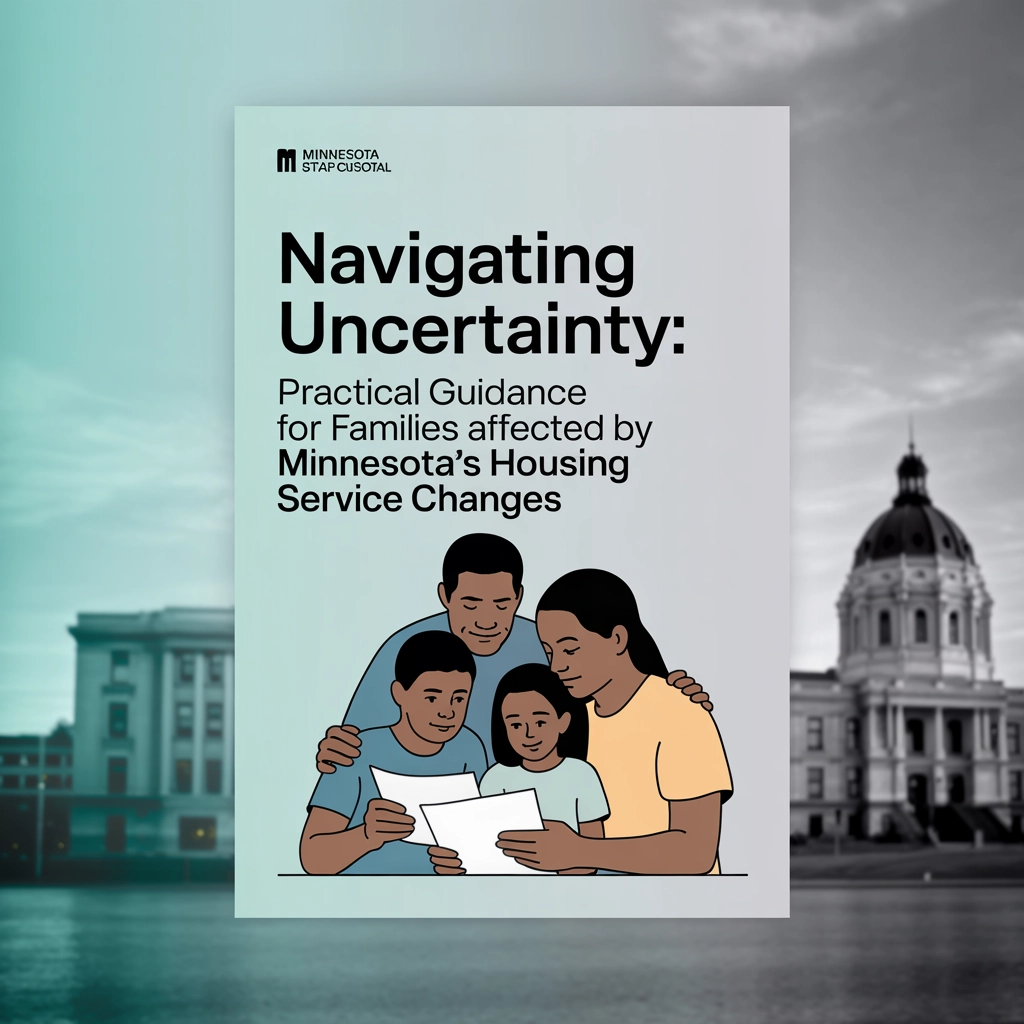
What's Changed in Minnesota Housing Services
The biggest shake-up came on August 1, 2025, when the Minnesota Department of Human Services announced the termination of the Housing Stabilization Services (HSS) program. This program was a lifeline for seniors and people with disabilities, including those living with mental illness and substance use disorders, helping them find and maintain stable housing through Medical Assistance benefits.
The HSS program operated as a Home and Community Based Service, providing crucial support to some of our most vulnerable community members. Its termination has left many families wondering where to turn next and how to maintain the stability they've worked so hard to achieve.

But here's the thing—while one door is closing, others are opening. On July 1, 2025, Minnesota's new omnibus housing law took effect, bringing $46 million in funding for rental assistance programs specifically designed to help lower-income, rent-burdened families. This isn't just a small band-aid; it's a significant investment in addressing the housing crisis that affects 175,400 Minnesotans who are considered cost-burdened renters.
Understanding Your Rights and New Protections
The new housing law didn't just bring funding—it also strengthened tenant protections that every family should know about. Landlords are now required to maintain living quarters at a minimum of 68 degrees Fahrenheit during winter months. That might sound basic, but for families who have struggled with inadequate heating, this legal requirement provides important leverage.
Additionally, if you're a victim of violence and need to break your lease for safety reasons, landlords cannot disclose information about your situation. This protection recognizes that housing stability sometimes requires difficult decisions, and families shouldn't be penalized for prioritizing their safety.
Minnesota Housing is also now required to post landlord and tenant rights and responsibilities on their website, making this crucial information more accessible than ever before. Knowledge is power, and understanding your rights is the first step toward advocating for yourself and your family.
Immediate Steps for Affected Families
If you or someone you know was receiving Housing Stabilization Services, don't panic, but do act quickly. Contact your current service provider immediately to understand your specific timeline and what alternatives might be available. Every situation is unique, and your provider can help you navigate the transition based on your individual needs.
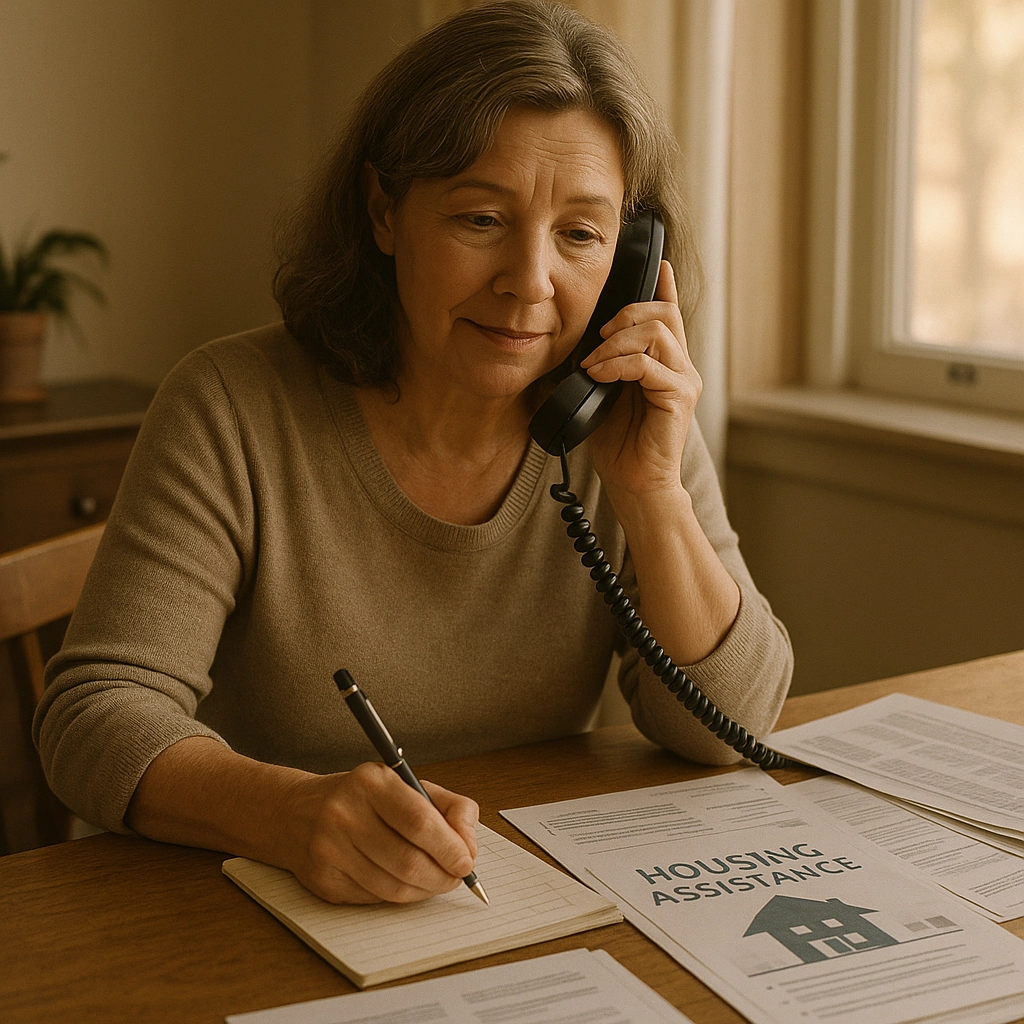
For those eligible for the new rental assistance program, now is the time to reach out to Minnesota Housing to understand the application process. With 85% of low-income renters being cost-burdened, this program addresses a real and urgent need in our communities. The good news is that income recertification is only required annually, not for initial eligibility, which reduces some of the bureaucratic burden families often face.
Consider also exploring other Home and Community Based Services if you were previously served by HSS. While the specific program is ending, the underlying need for support remains, and other programs may be able to fill some of those gaps.
New Opportunities on the Horizon
The housing law also opened up exciting possibilities for increasing affordable housing options. Infrastructure bonds can now be used for adaptive reuse projects—imagine former school buildings being converted into apartments, or other creative solutions that make better use of existing structures. These changes won't happen overnight, but they represent a forward-thinking approach to addressing housing shortages.
Local Housing Trust Fund Grants now must be used within five years instead of eight, which means faster development of affordable housing options in communities across Minnesota. This acceleration could significantly impact housing availability in the coming years.
Advocating for Your Needs
Here's something important: your voice matters in this process. The state has opened a public comment period for the State Plan Amendment that will formalize the HSS termination. If these changes affect you or your family, you can email your concerns to dhs.spa.comments@state.mn.us. This isn't just a formality—public comments can influence how policies are implemented and what alternative supports might be developed.
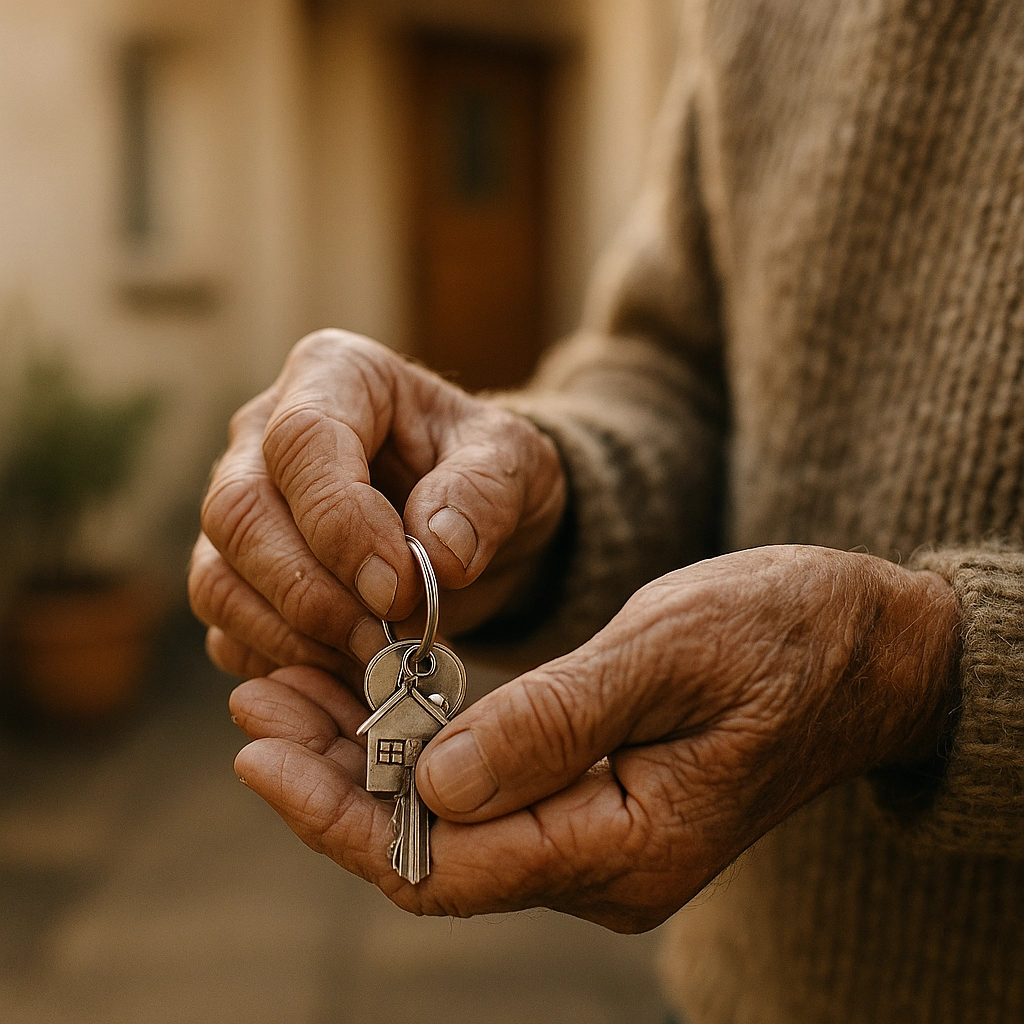
Don't underestimate the power of sharing your story. Policymakers need to understand the real-world impact of these changes on actual families, not just statistics on a page. Your experience and perspective can help shape better solutions for everyone facing similar challenges.
Building Long-Term Housing Stability
While immediate assistance is crucial, it's also worth thinking about long-term stability. Permanent supportive housing options are being improved across Minnesota, with better coordination through coordinated entry systems and new preferences in Section 8 Housing Choice Voucher programs.
At Higher Works Collaborative, we understand that housing stability is about more than just having a roof over your head—it's about having a foundation from which you can build a better future. Our programming focuses on holistic support that addresses not just immediate needs but long-term empowerment.
Resources and Support Networks
You don't have to navigate these changes alone. Community organizations, including nonprofits like Higher Works Collaborative, are working to help families understand their options and access available resources. The key is reaching out before you're in crisis mode.
Connect with your local community resources, attend information sessions about the new rental assistance program, and don't be afraid to ask questions. Many organizations offer assistance with application processes, understanding eligibility requirements, and connecting you with additional support services.
Moving Forward with Hope
Change is never easy, especially when it affects something as fundamental as housing. But Minnesota's commitment to addressing housing challenges through new funding, stronger protections, and innovative approaches shows that there's reason for hope.
The $46 million investment in rental assistance isn't just about paying bills—it's about recognizing that stable housing is the foundation for everything else in life. When families have secure homes, children do better in school, adults can focus on work and personal growth, and communities become stronger.
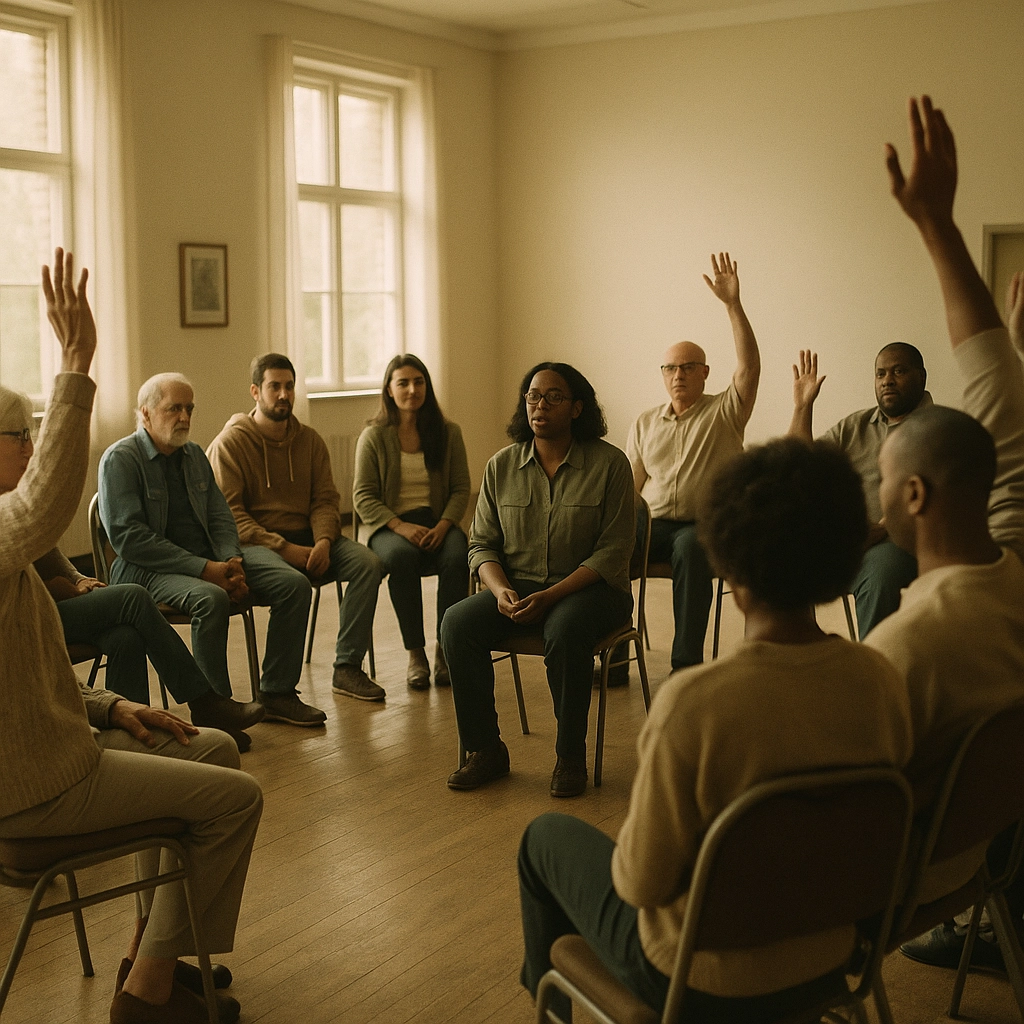
While the loss of the HSS program creates real challenges for seniors and people with disabilities, the expansion of other supports and the significant investment in rental assistance demonstrate that addressing housing instability remains a priority.
Taking Action Today
If you're affected by these changes, start by gathering information about your specific situation. Contact current service providers, research eligibility for new programs, and connect with community organizations that can provide guidance and support.
Remember that seeking help isn't a sign of weakness—it's a smart strategy for navigating complex systems and securing the stability your family deserves. Every family deserves a safe, affordable place to call home, and while the path to get there might be changing, the destination remains the same.
The uncertainty is real, but so are the opportunities. By staying informed, advocating for your needs, and accessing available resources, you can navigate these changes successfully and build a more stable future for your family.
For more information about housing resources and support, contact us at Higher Works Collaborative—we're here to help you find your path forward.
